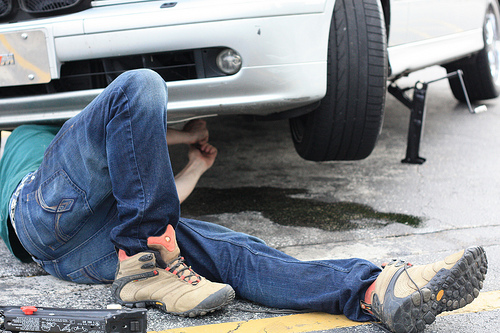
Between regular payments, insurance, and gas money, your car is already taking a significant portion of your paycheck every month. Where you can help, it’s important to keep costs under control.
Deciding to forgo any regular maintenance on your car, an auto repair job has the potential to hurt your finances even further. With that said, here are some important repairs you should fit into your regular car maintenance routine to keep your auto repair costs from soaring.
Keeping up with your scheduled maintenance also prevents your warranty from being null and void.
Oil changes
Oil changes are vital in protecting your engine and prolonging the life of your vehicle. There are two main reasons why oil changes are important. First, they provide the lubrication that your engine needs to run smoothly. Without the right amount of clean oil, the moving parts in your engine will be subjected to extra heat and accelerated wear. Second, no matter what you do, the oil will eventually get dirty, breaking down into sludge that can block the oil galleries and passages, eventually destroying your engine. Don’t forget, it costs more to fix an engine than it does to perform routine oil changes!
Brake inspections
A brake inspection doesn’t mean that they’re being replaced. It’s a proactive service, ensuring everything is working properly. Of course, it is first and foremost a safety precaution that checks to make sure your brakes are cleaned, lubricated, and free of abnormalities, like sticking or strange noises. These inspections should be performed every 8,000 to 11,000 kilometres depending on use. The longest you should wait to have a brake inspection done is six months. Don’t take chances! If you’re a newbie and don’t know how to appropriately perform a brake inspection, you may ask for advice from the mechanic at an auto repair franchise near your area. That way, you can perform it by yourself the next time you need to do it.
Tire rotations
Every 8,000 kilometres or so, your tires should be rotated to even out their tread wear and extend their life. Bearing this figure in mind, it makes good sense to get them rotated while you get your brakes inspected. The front tires wear unevenly and faster than the rears, so rotating them allows the tires to wear more evenly and have them replaced at the same time. This also prevents two tires from being replaced prematurely where a possibility exists that the same Brand/tread is no longer available – having different tread patterns between the tires is not recommended and may be dangerous. Without proper traction, you may not be able to stop the car safely and quickly. Check your insurance policy to see if your provider requires you to perform regular tire rotations. Failure to do so can invalidate your policy altogether and block you from filing an accident claim.
Battery inspections
There is no one-size-fits-all answer for how long a car battery will last. It is largely dependent on the weather conditions you live in, not to mention how and what you use your car for. If you aren’t getting your battery checked regularly, you’re likely to get stranded on the side of the road at some point. For many car battery shops that are often part of networks that offer battery franchising opportunities, they always recommend prioritizing the battery health of your vehicle. Your battery should be checked at three years of age and then annually after that. This is also to make sure that the cable connections are clean and operating as intended.
A/C inspections
An A/C inspection ensures your comfort is maintained while you’re on the road. It also affects your safety as the A/C is needed to defrost your windshield when needed. Also, chemicals used in the air conditioning system, like the refrigerant, are bad for the environment. Corrosion or stone chips can damage or crack your condenser or refrigerant line. It’s better to catch these early, saving you a whole lot of money and stress.
Fuel line inspections
Whenever you get your car serviced, you should have the fuel and emissions hoses inspected, and be sure to get the injectors checked annually too. Expect to replace the fuel filters at around 16,000 kilometres and the fuel pump at 160,000. Your fuel tank should have a lifespan of around 10 years. A leaking fuel line is a potential fire risk, and it will also cost you at the pumps. If you notice a strong gasoline smell, get your vehicle towed to the dealership to have it inspected.
Vehicle body inspections
A vehicle body inspection lets you know whether your car is safe to drive. Insurance providers may request you have this done on a regular basis. If you’re buying a used car, it’s recommended that you get the vehicle inspected for any existing damage, rust or wear and tear. Every time you bring in your car – new or old – for regular maintenance, it should also undergo a complete vehicle body inspection. This is generally a visual inspection performed by mechanics to ensure your car is still safe for you to drive. It can also prevent you from getting into expensive accidents.
Staying on the road shouldn’t come before staying safe, not to mention protecting those around you. Proper regular vehicle maintenance can also save in other ways, including money and stress. If you don’t neglect your car, it won’t neglect you! For help with regular maintenance on your vehicle, Ottawa Honda is happy to assist.

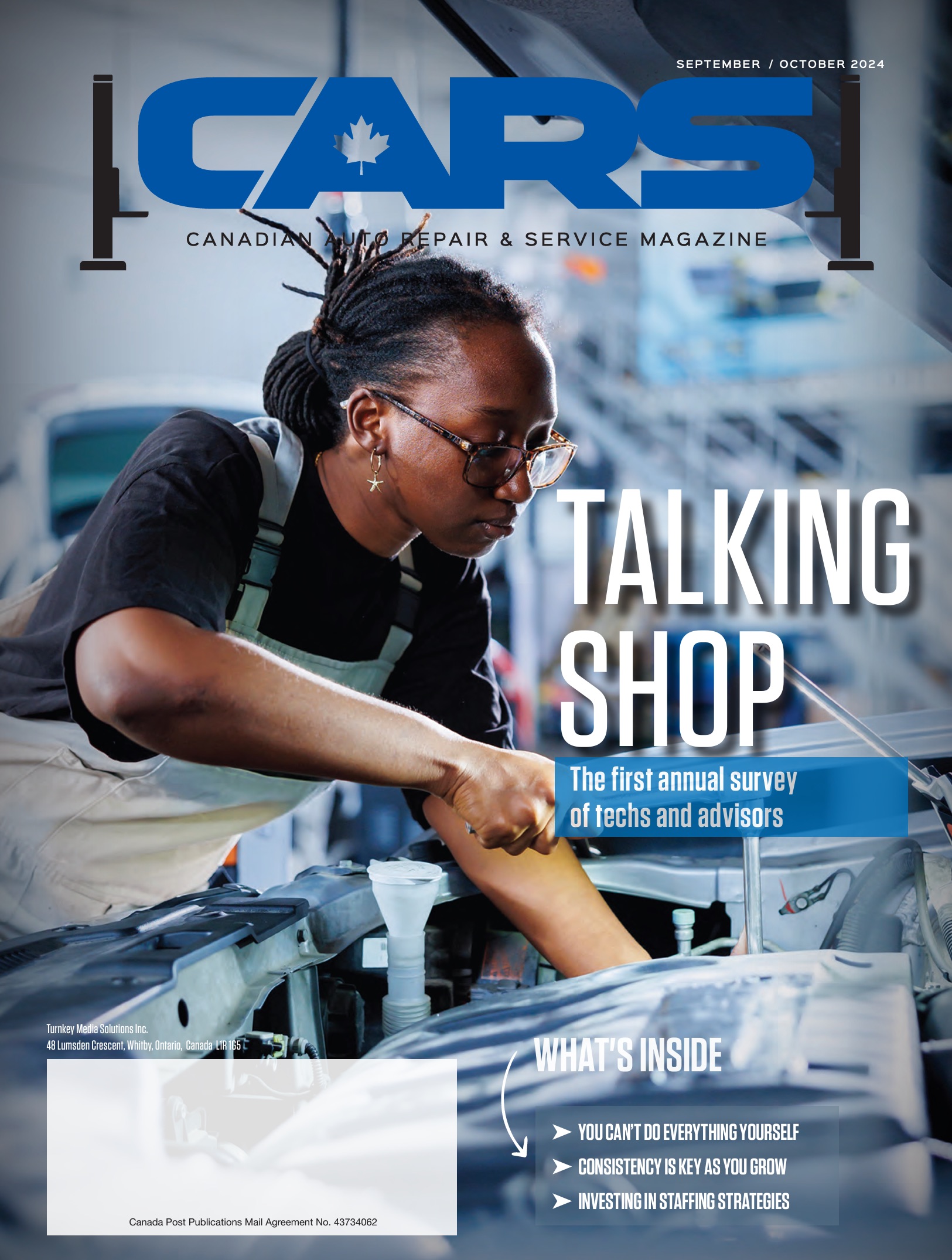



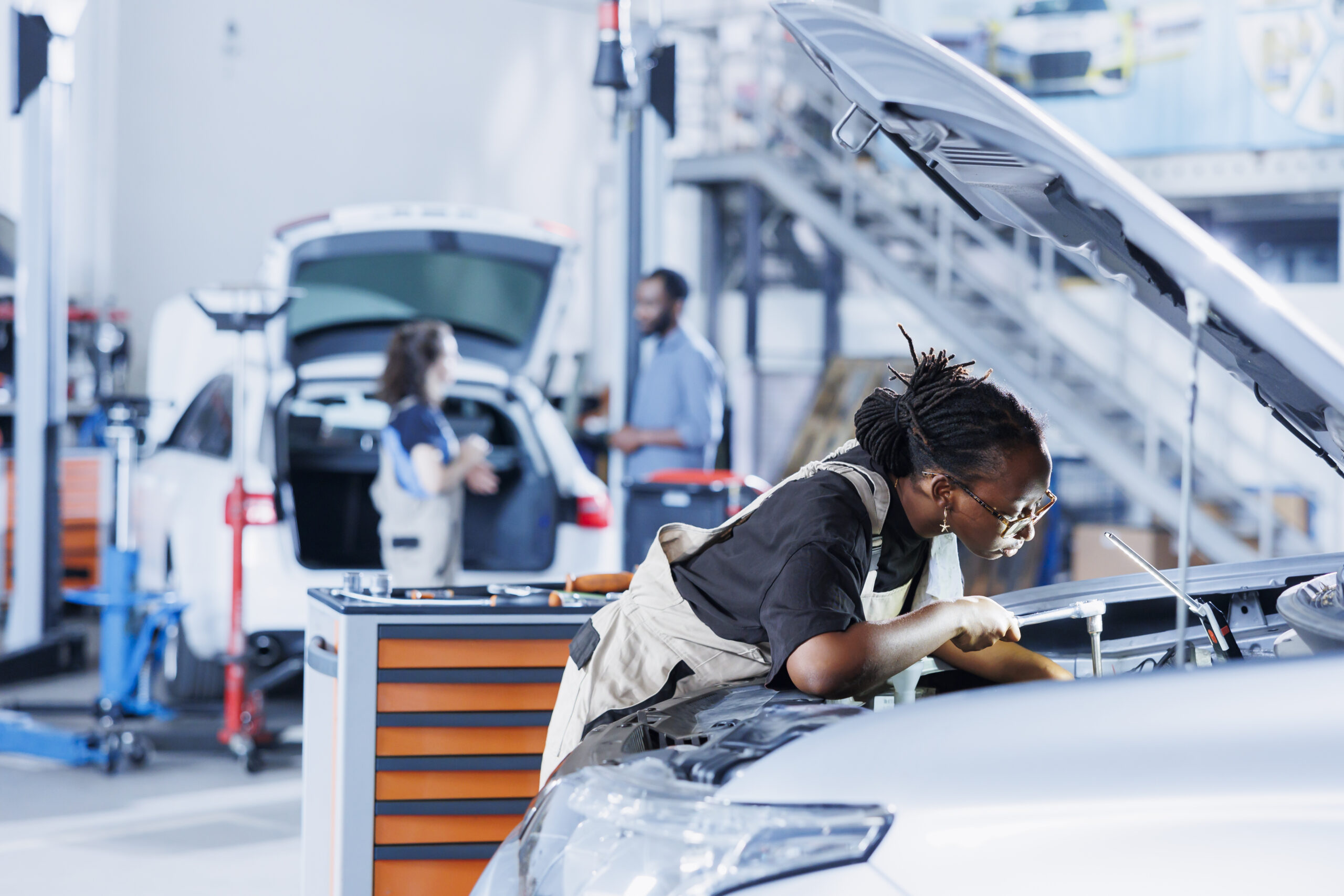

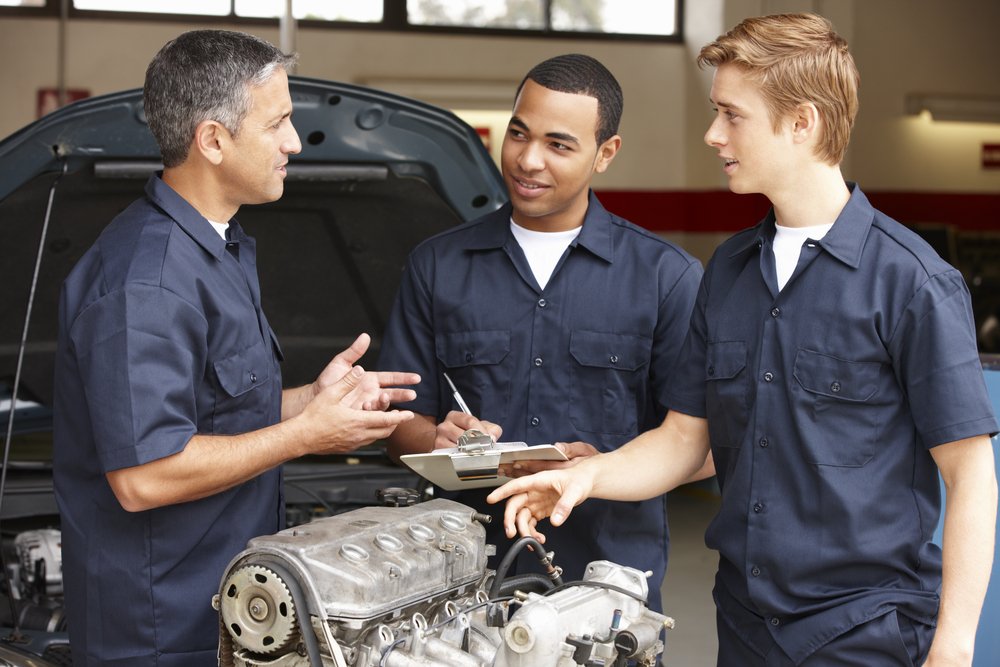



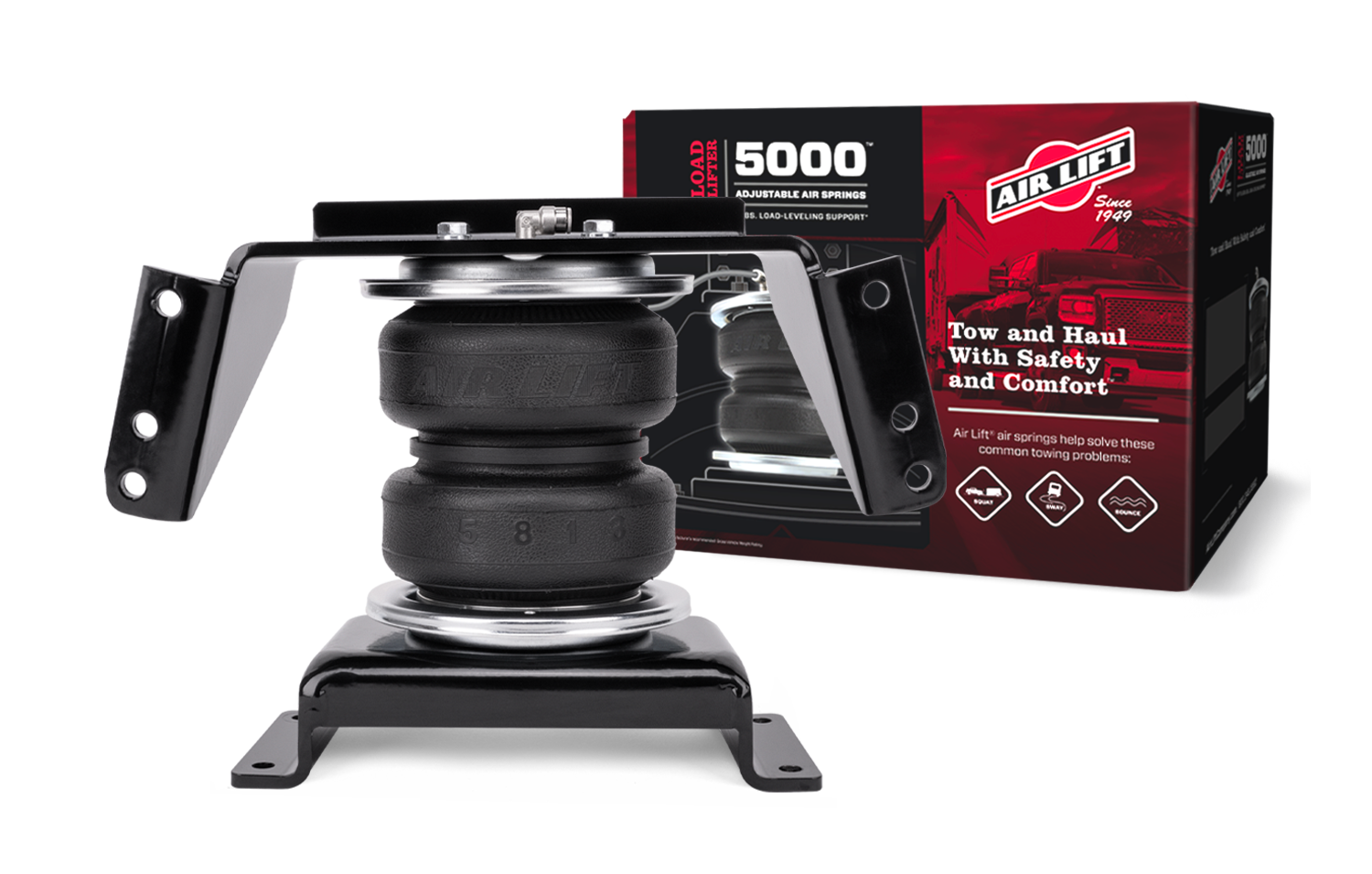
Leave a Reply